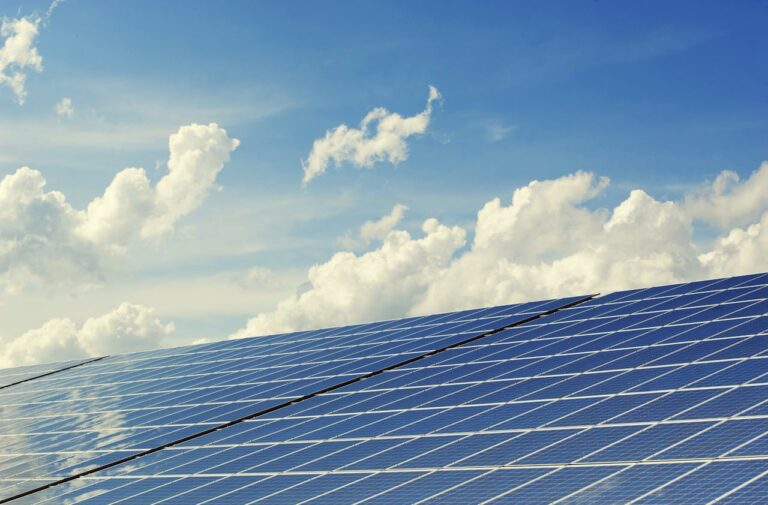Environmental Audit Committee chairman Philip Dunne has responded to Parliament’s declaration that solar energy projects should not be located on land suitable for agriculture.
Yesterday (May 15), Secretary of State for Energy Security and Net Zero Claire Coutinho made a statement on the development of new solar farms, clarifying that developers should seek to develop on brownfield sites, contaminated land and industrial land wherever possible.
Commenting on this, Dunne said: “Whichever path the UK takes to achieving Net Zero, solar energy is the renewable energy source likely to power many homes and businesses. The chairman of Committee I is exploring measures to enable sustainable electrification of the economy, and has called for a national mobilization to implement energy efficiency measures such as solar panels in new developments.
“But progress in solar energy should not undermine Britain’s ability to ensure a sustainable food supply, which was the subject of a report on food security released by our committee earlier this year.
“The government is right to provide clarity here, prioritize higher quality agricultural land for food production and ensure farmers can maintain food security for years to come.
“I therefore welcome today’s confirmation that solar developers should avoid the ‘best and most versatile’ agricultural land – that most suitable for growing crops – when selecting areas to build solar farms.
“I am also encouraged by the announcement that the Government plans to expand the Renewable Energy Planning Database. This provides an opportunity to consider concentrations of solar energy applications, avoiding ‘clustering’ of projects that may affect some rural communities.”
Roofs, not fields
In the UK and globally, the use of prime agricultural land for solar projects has recently become a controversial debate. Clair Coutinho’s statement noted: “I want to see more solar energy on roofs and, where that is not possible, that agricultural land is protected and that the cumulative impact on local villages is taken into account where they face a large number of applications for solar parks.
“We will ensure we achieve our solar energy goals in a sensible way that delivers clean, cheaper energy but does not jeopardize our food security.” In Italy the government has now done this banned the development of solar energy projects on agricultural land entirely, which will cost the nation €60 billion, according to the Italian solar industry association. This comes just months after the European Commission approved a multi-billion euro financing package to support the development of solar energy on agricultural land.
Recent international instability has led many countries to consider not only their energy security, but also the security of their food supply, with many countries shifting their focus to boosting domestic agriculture.
While the debate over the siting of solar farms on agricultural land is still ongoing, it is worth noting that solar farms can have a demonstrable benefit to local biodiversity. In March this year, Solar Energy UK published a study praising solar farms as “paradises of biodiversity”, noting that many vulnerable bird species, including skylarks, yellowhammers, linnets and starlings, are some of the most common wildlife seen solar powered in Great Britain. farms.
The report also highlighted several case studies that prove the potential of land sharing for agriculture and solar energy development – a concept known as ‘agri-PV’. The report showed that it was possible to successfully grow chamomile for commercial use between rows of solar panels, and also highlighted the success of growing wild garlic and bluebells on solar farms.
Solar Power Portal’s publisher Solar Media will host the UK Solar Summit on June 4-5, 2024 in London. The event will explore the new UK utility and rooftop solar landscape, look at the opportunities within a GW+ annual market, and much more. For more information, go to the website.


